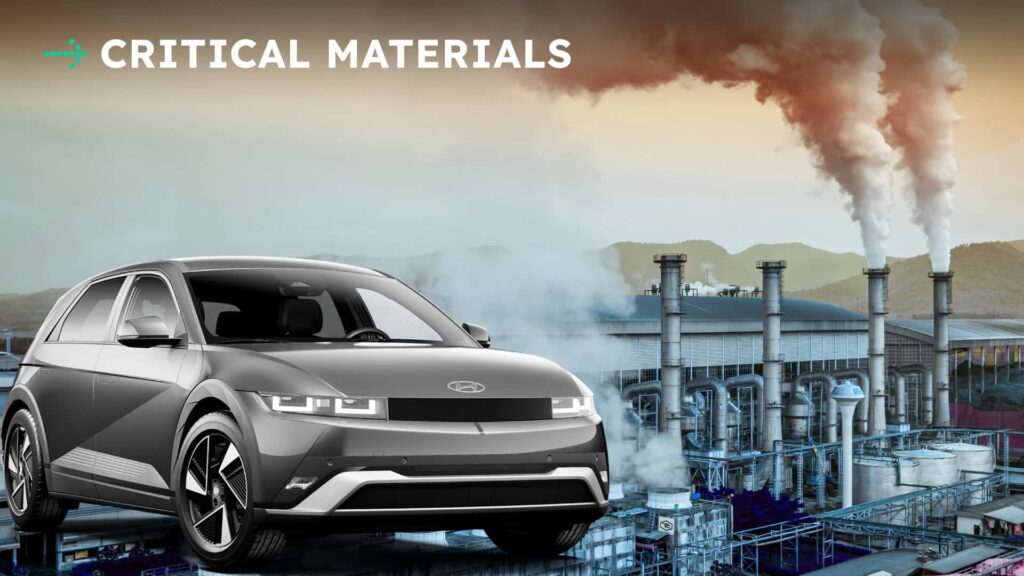The automotive industry in the United States is facing some challenging times ahead, especially in the electric vehicle (EV) sector. The recent decision by the Environmental Protection Agency (EPA) to roll back greenhouse gas emission standards has sent shockwaves through the industry. This move, under the Trump administration, signals a shift away from climate policies that have been in place for the past 15 years.
The EPA’s announcement, made at an Indiana heavy truck dealership, has drawn criticism from environmentalists and industry experts alike. The decision to rescind the Obama-era regulations on greenhouse gas emissions has raised concerns about the future of EVs in the country. The EPA claims that this rollback will provide regulatory relief to companies and offer more affordable choices to consumers when purchasing a car. However, many see this as a step backward in the fight against climate change.
The American car industry has made significant strides in recent years towards electric mobility. Electric vehicles have become more mainstream, with a wide range of models available that can travel long distances and recharge quickly. The EPA’s decision to reverse course on emission standards threatens to stifle innovation and hinder the growth of the EV market.
Despite the EPA’s actions, the transition to electric vehicles is inevitable. The global automotive industry is moving towards electrification, and American automakers need to keep up with this trend to remain competitive. Without stringent emission standards in place, there is no incentive for manufacturers to continue developing EV technology.
On a brighter note, TikTok’s parent company, ByteDance, is entering the automotive market with a focus on connected cars. Collaborating with Chinese car company SAIC, ByteDance is working on a new product called Doubao Auto, which aims to provide intelligent driving solutions and personalized vehicle experiences. While ByteDance denies plans for autonomous driving features, their foray into the automotive industry signals a growing interest in technology-driven solutions for the future.
In another development, Waymo, a leader in autonomous vehicle technology, is expanding its service area to Dallas, Texas. Partnering with Avis Budget Group, Waymo plans to offer ride-hailing services through its app, managed by Avis. This strategic partnership aims to scale up Waymo’s driver technology and bring autonomous vehicles to more cities in the future.
As the automotive industry navigates through these challenging times, it is essential to keep pushing towards a cleaner and more sustainable future. Despite the setbacks from regulatory changes, the shift towards electric mobility is inevitable. American automakers must adapt and innovate to stay ahead in the evolving market landscape.

